Gayle Fischer
Posted on May 10, 2020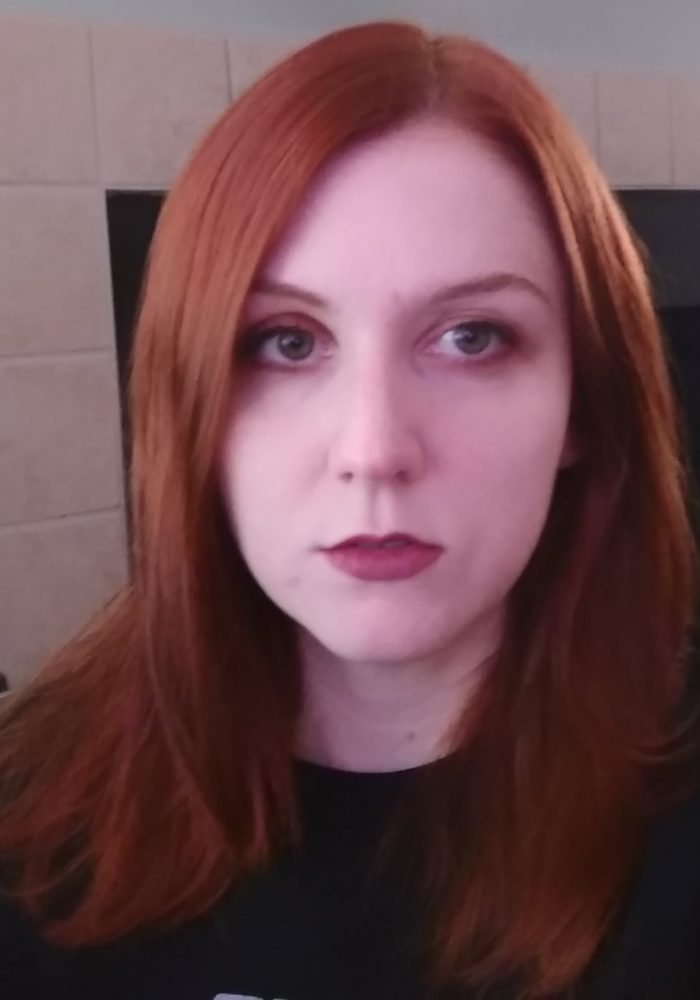
Gayle Fischer is a Collection Development Librarian for the Harvard Law School Library. She holds an MA and an MSIS.

Gayle Fischer is a Collection Development Librarian for the Harvard Law School Library. She holds an MA and an MSIS.
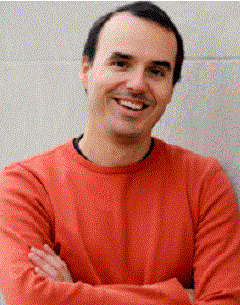
Sebastian Diaz is the Berkman Klein Center‘s Directory of Technology and a Program Affiliate at the Program in Islamic Law.
He guides the Berkman Klein Center’s IT enterprise through a landscape of ever-changing technology and priorities. Sebastian manages the technology group, which consists of a renowned development team from Harvard, an infrastructure and workplace computing team, and a technical project management team.
Sebastian provides the technical vision and process for numerous projects while challenging convention and traditional innovation. He helps bring participation, engagement, experimentation and innovation to libraries by creating platforms like the Digital Public Library of America (DPLA) and the Harvard Library Lab; works with museums and collections, bridging the offline with the online with the Emily Dickinson Archive; co-creates tools for enabling access to course and curricula, with Faculty across Harvard, like Harvard Law School’s H2O project, CopyrightX, and Curricle; incubates, grows and sustains projects like Mediacloud, and the Lumen Database.
Prior to Berkman Klein, he worked as the Team Lead for the Applied Production Systems Group at the Broad Institute of MIT and Harvard, and as a researcher and computer administrator at Williams College. He has also worked, collaborating in research, at University of New Orleans and Tulane University.
He strives to keep a diverse team and enterprise running as best possible, while setting direction and participating in the research at the Berkman Klein Center.
Sebastian received his B.A. in Biology and French Literature from Williams College and is an autodidact in computer technology.
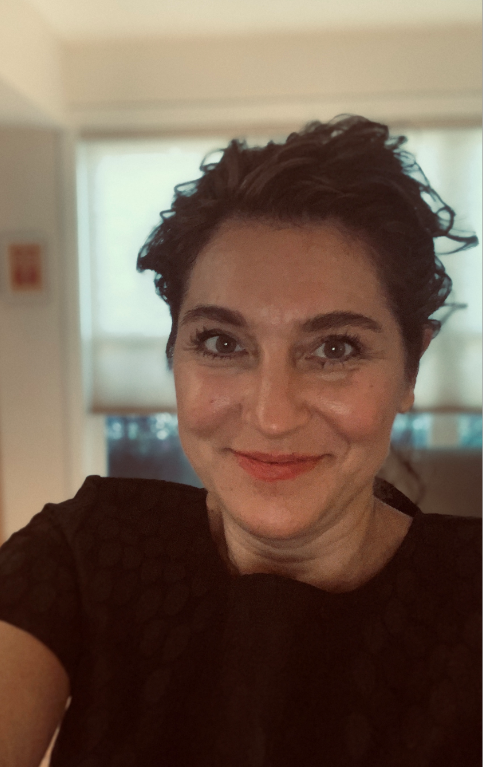
Sarah DeMott is a Research Librarian specializing in Middle East Studies. Sarah is also Faculty Librarian for the Freshman Seminar Program for Harvard College Library for which she coordinates library outreach, information literacy, and instructional support. DeMott‘s areas of research specialty include working with: Qualitative Research, Digital Scholarship, and Cartography in the Humanities and Social Sciences.
Sarah received her MS and Ph.D from New York University.
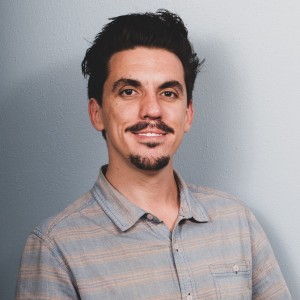
Matthew Cook is a Digital Scholarship Program Manager for the Harvard Library. In this role, he creates digital tools and supports faculty, staff, and students in the use of emerging computational methods. Before coming to Harvard, he worked as Head of Emerging Technologies for the University of Oklahoma Libraries. Cook’s interests include digital scholarship and 3D technologies, including virtual reality.
His work has been published in the Journal of Academic Librarianship, Journal of Library Administration, and other journals.
He holds an MLIS from the School of Library and Information Science at the University of Oklahoma.
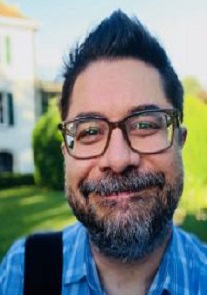
Christopher T. Bavitz is the WilmerHale Clinical Professor of Law at Harvard Law School. He is also Managing Director of HLS’s Cyberlaw Clinic, based at the Berkman Klein Center for Internet & Society. And, he is a Faculty Co-Director of the Berkman Klein Center. Chris teaches the Counseling and Legal Strategy in the Digital Age and Music & Digital Media seminars, and he concentrates his practice activities on intellectual property and media law (particularly in the areas of music, entertainment, and technology).
He oversees many of the Cyberlaw Clinic’s projects relating to copyright, speech, advising of startups, and the use of technology to support access to justice, and he serves as the HLS Dean’s Designate to Harvard’s Innovation Lab. Chris’s research and related work at the Berkman Klein Center addresses intermediary liability and online content takedown regimes as well as regulatory, ethical, and governance issues associated with technologies that incorporate algorithms, machine learning, and artificial intelligence.
Chris’s research and related work at the Berkman Klein Center addresses intermediary liability and online content takedown regimes as well as regulatory, ethical, and governance issues associated with algorithms, machine learning, and artificial intelligence.
Chris received his B.A., cum laude, and Certificate in Peace and Justice Studies from Tufts University in 1995 and his J.D. from University of Michigan Law School in 1998.
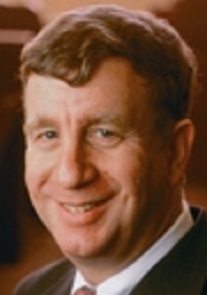
William P. Alford is the Vice Dean for the Graduate Program and International Legal Studies and the Jerome A. and Joan L. Cohen Professor of Law at Harvard Law School. He is a scholar of Chinese law and legal history. He is the founding Chair of the Harvard Law School Project on Disability which provides pro bono services on issues of disability in China, Bangladesh, the Philippines, Vietnam and several other nations. He is Lead Director and Chair of the Executive Committee of the Board of Directors of Special Olympics International (which serves individuals with intellectual disabilities in more than 170 jurisdictions around the world). In 2008, Special Olympics honored him for his work for persons with intellectual disabilities in China.
Professor Alford was awarded an honorary doctorate in law by the University of Geneva in 2010 and has been an honorary professor or fellow at Renmin University of China, Zhejiang University, the National College of Administration, and the Institute of Law of the Chinese Academy of Social Science. Among other honors are the inaugural O’Melveny & Myers Centennial Award, the Kluwer China Prize, the Qatar Pearls of Praise Award, an Abe (Japan) Fellowship, and the Harvard Law School Alumni Association Award. In 2008, he was a finalist for Harvard Law School’s Sacks-Freund Teaching Award.
Professor Alford has delivered endowed lectureships at leading universities around the world and serves on university advisory boards and the editorial boards of learned journals in several jurisdictions. A member of the Council on Foreign Relations and the National Committee on US-China relations, Professor Alford has been a dispute resolution panelist under the U.S.-Canada Free Trade Agreement and the North American Free Trade Agreement. He has served as a consultant or advisor to multilateral organizations, various offices of the United States government, members of Congress, foreign governments, foundations, companies and not-for-profit organizations.
His books include To Steal a Book is an Elegant Offense: Intellectual Property Law in Chinese Civilization (Stanford University Press 1995), Raising the Bar: The Emerging Legal Profession in East Asia (Harvard East Asian Legal Studies 2007), 残疾人法律保障机制研究 (A Study of Legal Mechanisms to Protect Persons with Disabilities) (Huaxia Press 2008, with Wang Liming and Ma Yu’er), Prospects for the Professions in China (Routledge 2011, with William Kirby and Kenneth Winston) and Taiwan and International Human Rights: A Story of Transformation (Springer 2018, with Jerome Cohen and Lo Chang-fa).
Professor Alford is a graduate of Amherst College (B.A.), the University of Cambridge (LL.B.), Yale University (graduate degrees in History and in East Asian Studies) and Harvard Law School (J.D.).
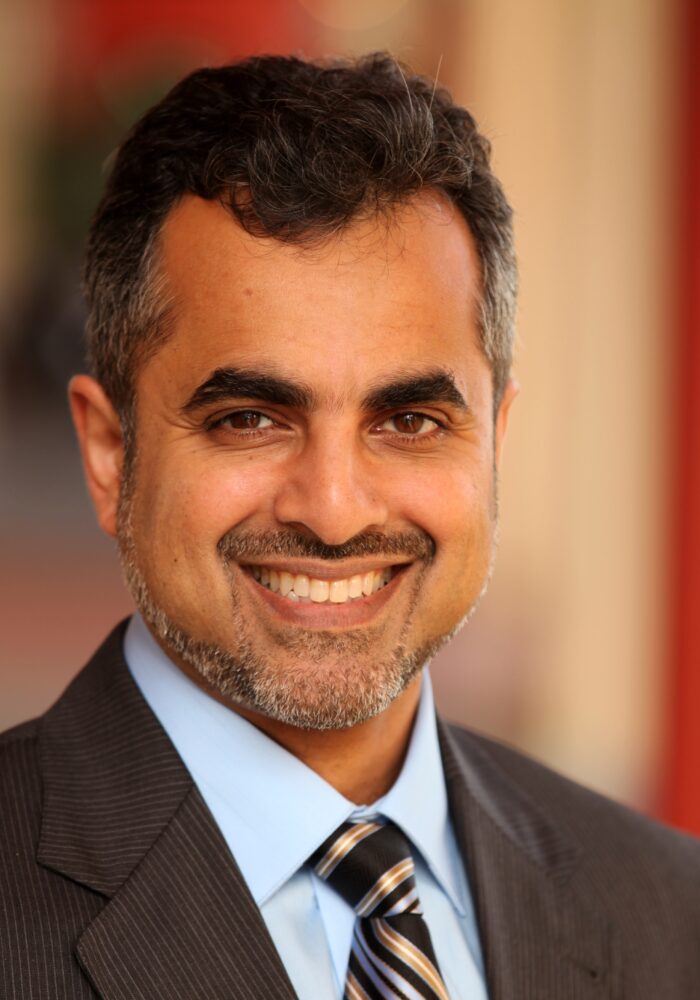
Rashid Alvi is the Executive Director of the Program in Islamic Law. He has served as a chief strategy officer, manager, and deal advisor with strategic, fiscal, and operations leadership.
He started his career at the law firm of Davis Polk & Wardwell, where he specialized in mergers and acquisitions. He then moved to Wall Street, working at Lehman Brothers and Goldman Sachs, where he advised the Goldman Sachs Investment Partners fund and the GS Principal Strategies desk on their private investments as lead transactional lawyer. He subsequently worked at two healthcare companies as Chief Strategy Officer and V.P. of Operations. In between those positions, he was the Executive Director of the Islamic Legal Studies Program at Harvard Law School, where he helped launch SHARIAsource. Mr. Alvi is also a principal at a boutique business advisory firm.
Mr. Alvi holds a J.D. from Columbia Law School, an M.A. from the University of Southern California, and a B.A. from Binghamton University.
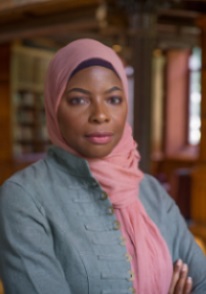
Professor Intisar A. Rabb is a Professor of Law, Professor of History, and the Faculty Director of the Program in Islamic Law at Harvard Law School. She has held appointments as a Susan S. and Kenneth L. Wallach Professor at the Radcliffe Institute for Advanced Study, as an Associate Professor at NYU Department of Middle Eastern and Islamic Studies and at NYU Law School, and as an Assistant Professor at Boston College Law School. She previously served as a law clerk for Judge Thomas L. Ambro of the United States Court of Appeals for the Third Circuit, as a Temple Bar Fellow in London with the American Inns of Court, and as a Carnegie Scholar for her work on contemporary Islamic law.
In 2015, in partnership with the Berkman Klein Center for Internet and Society, support from the Luce and MacArthur Foundations, and collaborations with myriad scholars and institutions, she launched SHARIAsource – an online portal designed to provide universal access to the world’s information on Islamic law and history, and to facilitate new research with the use of AI tools.
She has published on Islamic law in historical and modern contexts, including the monograph, Doubt in Islamic Law (Cambridge University Press 2015), the edited volumes, Justice and Leadership in Early Islamic Courts (with Abigail Balbale, Harvard University Press, 2017) and Law and Tradition in Classical Islamic Thought (with Michael Cook et al., Palgrave 2013), and numerous articles on Islamic constitutionalism, on Islamic legal canons, and on the early history of the Qur’an text.
She received a BA from Georgetown University, a JD from Yale Law School, and an MA and PhD from Princeton University. She has conducted research in Egypt, Iran, Syria, and elsewhere.